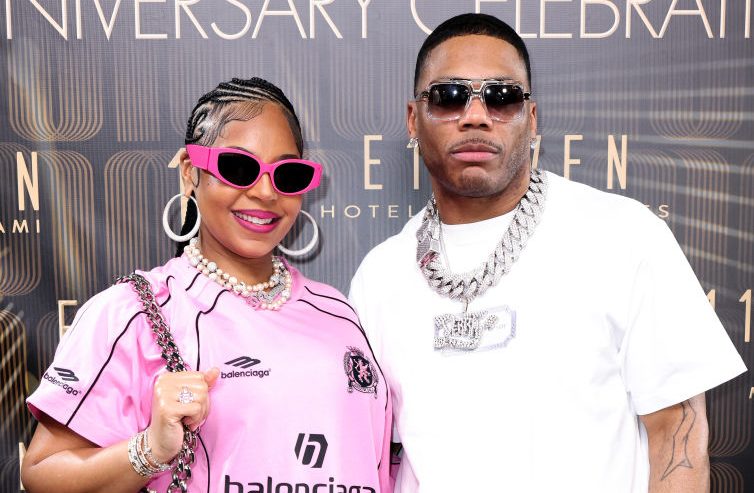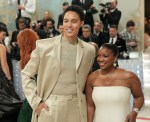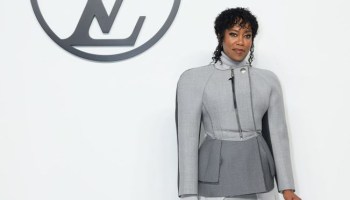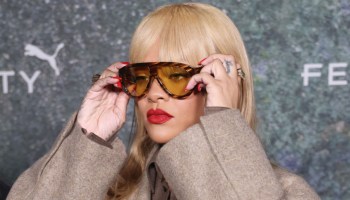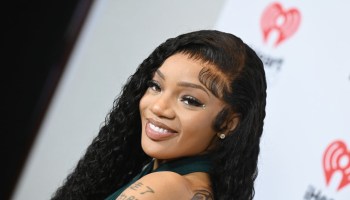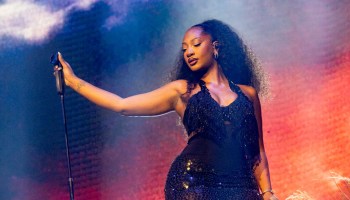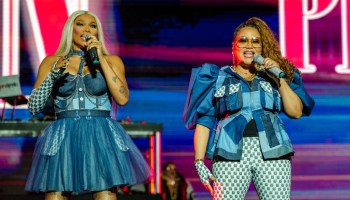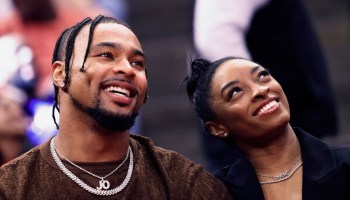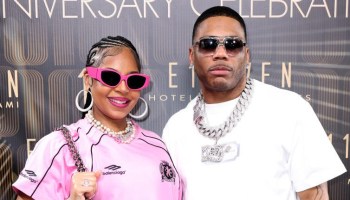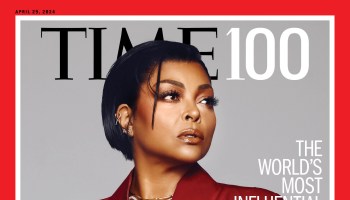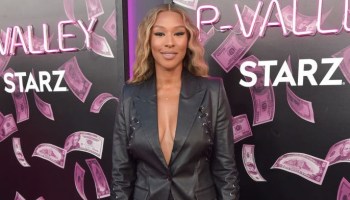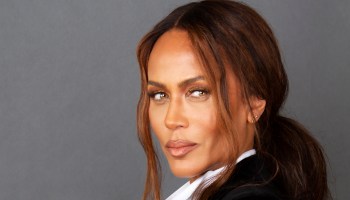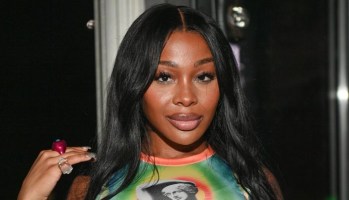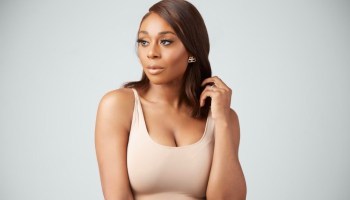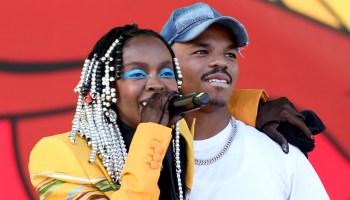In this episode of Listen To Black Women, co-hosts Jessie Woo, Shamika Sanders and Chris Miss, along with their guest Naima Cochrane, discuss emotional intelligence – or lack thereof – in Black men.
The discussion was spurred by a social media post by Jessie Woo that garnered a lot of attention:
“It’s crazy how difficult it is to find emotionally intelligent/available men. Especially Black ones. It’s also crazy how emotionally available those same men are for non-black women. It’s VIOLENT at this point.”
The Internet had a lot to say about Woo’s post. Before diving into this topic, the ladies looked at the definition of emotional intelligence.
According to Mental Health America, emotional intelligence is; “The ability to understand, use and manage your own emotions in positive ways to relieve stress, communicate effectively, empathize with others, overcome challenges and diffuse conflict.” As for emotional availability, Woo defines that as the ability to sustain emotional bonds in relationships.
Emotional Intelligence Vs Emotional Availability
Woo throws this question out to the group: Can a man be emotionally available if he lacks emotional intelligence?
Cochrane’s stance on the issue is that, yes, a man can be emotionally available – but if he lacks emotional intelligence, he won’t be emotionally available in a healthy way. Without emotional intelligence, Cochrane says issues like lack of boundaries and neediness come up.
Sanders states that society doesn’t make it easy for men – especially Black men – to develop emotional intelligence. Only recently has society started to be more accepting of men going to therapy and getting to the root of their issues.
According to Miss, some people just confuse someone who is emotionally unavailable for being emotionally unintelligent, stating they might just reserve that availability for certain people. “If a man doesn’t feel safe with you, then he’s definitely not gonna let you into his emotions,” says Miss.
Men Have Daddy Issues, Too
Next, the women tackle the topic of daddy issues, stating that society doesn’t often acknowledge that men have just as many – if not more – daddy issues as women do.
For men, daddy issues come up when a father was absent (either truly absent or emotionally absent). And when they didn’t get that emotional openness or bond from a father, they struggle to provide it to a partner. Woo says she’s experienced a relationship with a man with daddy issues. She realized about the man, “I’m looking for something from you [emotional availability] that was never given to you.”
How these issues manifest in Gen X vs millennial men came up next. Cochrane says that Gen X men were raised by boomers, who passed on traditional (read: toxic) ideas about what it means to be a man. The Gen X men are taking on the responsibility of breaking that cycle, says Cochrane. They’re the ones who are trying to be more loving to their sons and break the patterns.
Do Women Enable Male Emotional Ineptitude?
The ladies went on to discuss how women interact with emotional shortcomings in men – and how they perhaps enable them.
Sanders admits she has a tendency to coddle men. She will put in a lot of work to try to show them where their emotional intelligence is lacking, even when they aren’t putting in the work themselves.
Miss brings up how her own trauma has led her to accept emotionally handicapped men. Coming from a history of domestic violence, Miss says that for years after her abusive relationship, she sought out beta men. “Subconsciously, that made me feel safe.”
The women are unanimous on one thing: you can’t fix men. They have to want to fix themselves.
The Nitty Gritty
Woo poses this question to the group: How does the strong Black woman narrative lead to the emotional abandonment of everyone?
“The squeaky wheel gets the grease…” says Cochrane. “And Black women have been taught not to be squeaky.”
All of the women feel that statement, saying that they want “the grease” – they are tired of having to be the strong Black women, and would love some more support.
So where does that urge to fulfill that role come from? Sanders says they all saw their mothers have to do it. Their moms had to be strong when their dads weren’t stepping up. Now it’s ingrained in them. But the strong Black woman role leads to confusion in relationships, the ladies say.
“There’s this misunderstanding between us wanting to have equity and us wanting to do everything,” says Cochrane. Ultimately, the women say that men want to feel needed, and turn more to women who have the “damsel in distress” thing going on. That’s when they see Black men dating more non-Black women.
Dating Non-Black Men for Emotional Fulfillment
The women all agree that they often see Black men who wouldn’t open up to Black women showing emotional vulnerability to non-Black women. So that raises the question: should they date outside of their race to experience emotional vulnerability in a man?
Cochrane says she doesn’t think it’s a race thing, stating she knows plenty of mixed-race couples in which the woman still carries all of the burdens. It’s a deeper issue about gender role ideas, she adds.
“It’s not that I want to give up on Black men, but I want to choose me…and what chooses me in the healthiest way…in the happiest way,” says Woo.
Signs of Emotional Intelligence
Lastly, the ladies go over what they believe to be signs of emotional intelligence.
For Miss, she knows a man is emotionally intelligent when he’s a good listener, when he doesn’t get defensive and when he willingly shares his feelings.
Cochrane says a first-date sign of emotional intelligence is when the man will go beyond the surface-level topics and asks follow-up questions about things she shares.
Sanders says it’s about having self-awareness.
As for Woo, she can tell a lot about a man’s emotional intelligence based on how he discusses his exes. If everything was the exes’ fault, that’s not an emotionally intelligent man.
If he doesn’t talk about the ex at all, “He’s still with her,” says Miss. And with that, the ladies end this episode of “Listen to Black Women.” Tune in next time when the hosts talk about how finances impact relationships.
RELATED CONTENT:
Listen To Black Women: On The Much Needed Conversation Of Sisterhood
